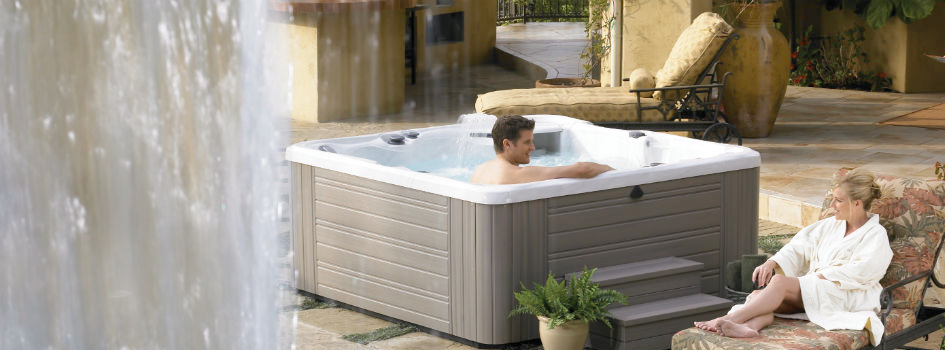
20 minutes in a Caldera Spa has health benefits. Relax, unwind, and melt the day away.

20 minutes in a Caldera Spa has health benefits. Relax, unwind, and melt the day away.
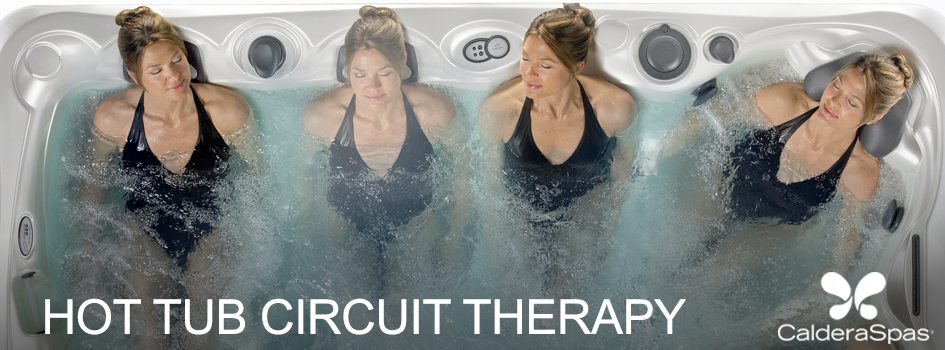
Caldera Spas can help with hot tub circuit therapy. What is hot tub circuit therapy? look at Caldera Spas hot tub to learn more.
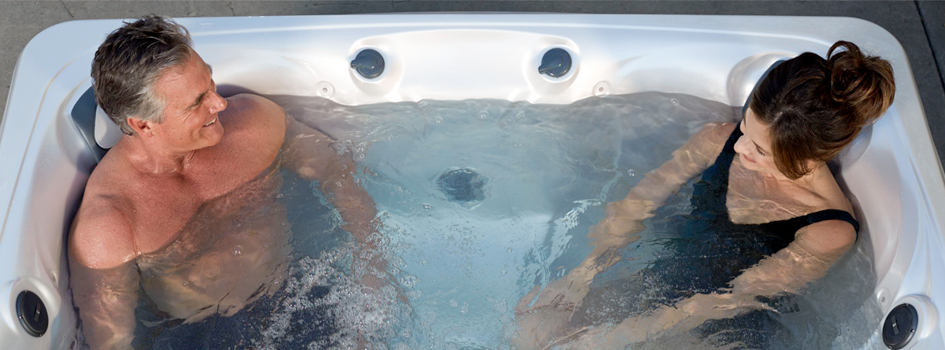
how hot tubs can help promote healthy living. How a hot tub can promote relaxing.
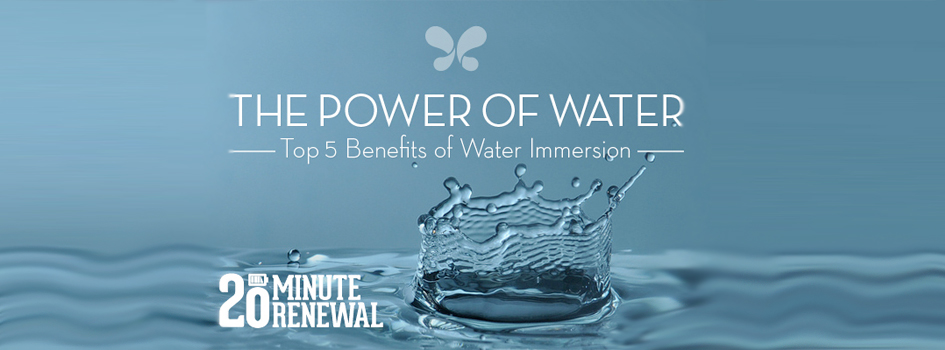
From the Roman baths to today’s Caldera hot tub our attraction to water continues to help us think and feel our best. Whether it’s to soothe aches and pains, or to calm a restless mind, the transformative effect of water is quite powerful.
Simple to experience, many people are surprised to discover the restorative benefits of water. While soaking in warm water, the body experiences both psychological and mental changes. As our circulation improves we begin to think more clearly.
The next time you feel tired or stressed, experience a 20-minute soak in warm water, and usher in the pure comfort of your Caldera hot tub. Here are the top-5 ways a soak will help you:
Busy and hectic lifestyles increase stress levels and put our health at risk. From high blood pressure to heart disease, the effects of stress on our bodies have been well documented. Soaking in a hot tub allows you to escape from daily stressors, like work and multitasking. Time reserved for yourself helps you recover emotionally and maintain a positive outlook on life.
Whether you have a teenager who has grown distant or you’re craving alone time with a spouse or loved one, a hot tub can be your solution. The removal of smart phones and distracting gadgets opens the door to conversation.
The buoyancy of water reduces the impact of gravity on skeletal and muscle tissue, alleviating tension on the body. Combined with warmth, buoyancy in a tub of water loosens muscles before a workout, or soothes them afterward.
Getting enough quality sleep is vital to our good health and well-being. The Sleep Foundation recommends developing a relaxing routine before bed. Spending time in a hot tub or hot bath prior to going to sleep will help separate the day’s activities from the night of rest ahead. Some studies suggest that soaking in hot water can ease the transition into a deeper sleep by reducing tension and stress.
Soaking in warm water causes our body temperature to increase and blood vessels to dilate. The improved circulation brings in nutrients and oxygen while displacing toxins in areas of weaker flow. As the body regulates its internal temperature our pores release moisture that carries away internal chemical waste.
Thankfully, the benefits of water immersion don’t take long to achieve. A 20-minute soak can improve how you think and feel. That’s time well spent each and every day.
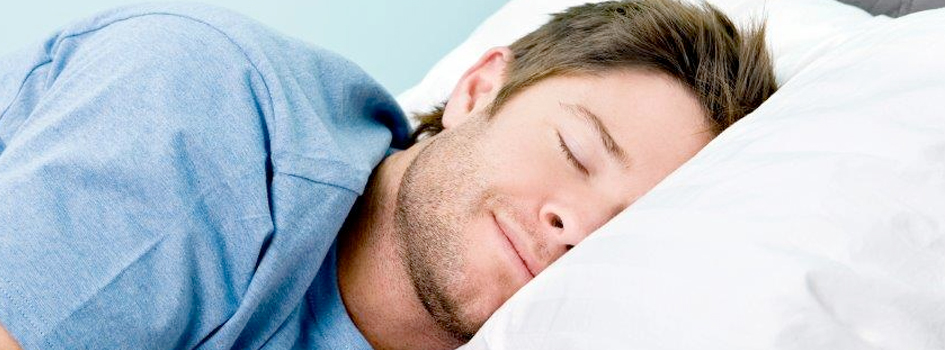
First, soaking in a hot tub helps you relax mentally while the water’s buoyancy helps decompress your joints. Your circulation increases while your blood pressure and heart rate decreases, helping you reach a resting state. In the hot tub, your body temperature rises. Yes, rises.
What happens after that relaxing soak also helps. You maintain the sense of calm and relaxation that naturally helps you fall asleep. But now, your core body temperature begins to drop as you cool down, signaling to your body that it’s time to sleep. Whatever the science, soaking before bedtime seems to be a universal remedy for helping people sleep.
Lack of sleep can leave you feeling nervous, groggy and depressed or cause erratic mood swings. Because sleep researchers believe that insomnia can be traced to hectic, stressful lifestyles, relaxing in a spa regularly can help.
By taking a 15-minute soak in a hot tub about 90 minutes before attempting to sleep, your body temperature can drop to enable a better night’s sleep naturally without the grogginess sometimes caused by prescription remedies.
In Japan, it’s common practice to warm up with in a Furo bath in order to sleep better. A Gallup poll of a thousand respondents found that bathing is frequently used as a natural sleep aid, and a Consumer Reports survey found that a warm bath was listed as one of the most common remedies for mild sleep disorders.
Of course, there’s a disclaimer that comes with nearly any piece of advice: Individual results may vary. Try it out. What do you have to lose other than a few unwanted hours of wakefulness? What Else Helps?
Soaking isn’t the only way to help you sleep better.
You can assist the cooling process that helps you sleep by keeping your bedroom between 60 and 67 degrees Fahrenheit, according to the National Sleep Foundation (http://sleepfoundation.org/sleep-tools-tips/healthy-sleep-tips). Your room should also be free of noise and other distractions.
Getting regular, vigorous exercise any time of day can help you sleep better. A study at Appalachian State University also found that early morning exercise is best for reducing blood pressure and improving sleep.
Reading can help you shift into sleep mode, but for some people, it’s best to avoid electronic sources such as a laptop or a bright reader. The particular light emanating from the screen can activate the brain and keep you awake.
A regular schedule will help you establish a body rhythm and maintain a regular sleep cycle.
And avoid caffeine, nicotine and alcohol before bed. All of them cause sleep disruptions. To learn more about sleep disorders and what to do about them, we suggest visiting SleepFoundation.org and Sleep.org by the National Sleep Foundation. It may also be time to talk to your doctor.
– See more at: http://www.calderaspas.com/health-wellness/20-minute-renewal/can-my-hot-tub-improve-my-sleep#sthash.zvjakdLH.dpuf